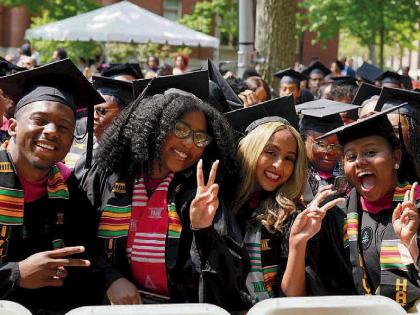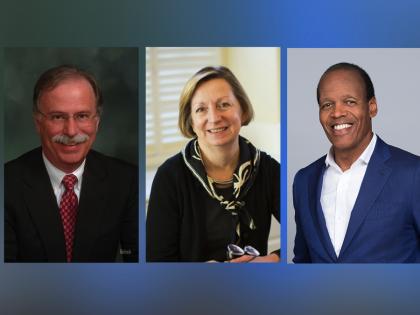The online version of “Super-Earths and Life,” by Phillips professor of astronomy Dimitar Sasselov, director of Harvard’s Origins of Life Initiative (see “Life’s Beginnings,” September-October 2013), is the first HarvardX course to incorporate adaptive-learning technology that tailors content and exercises to student mastery of material. Early assessments demonstrate clear gains in learning and students’ speed through the course.
Turning to revenue-producing online programs: Georgia Tech has introduced a second, lower-cost master’s degree, in analytics, complementing its popular computer-science degree launched in 2014. Meanwhile, edX members including Boston University and Penn rolled out 16 more blended online and in-person “micromasters”—in career-oriented fields like data science, business analytics, and cybersecurity—bringing the roster of such revenue-generating courses to several dozen.
Inside Higher Ed reported that Simmons College, in Boston, has increased online revenue from $5.4 million in the year ended June 30, 2014, to $45 million in the most recent fiscal year—nearly equal to its classroom-based graduate tuition revenue, and closing in on undergraduate income. Master’s programs in nursing and social work account for the growth; they enroll more than 2,500 students.
And in late February, Caroline M. Hoxby, Bommer professor in economics at Stanford, analyzed online learning in a working paper, “The Returns to Online Postsecondary Education.” As summarized in the abstract, the research found “little support for optimistic prognostications about online education.” Drawing on the cohort of students enrolled full time, or very substantially, in online programs (thus heavily at for-profit institutions, many of which have been discredited in recent years), she concluded that their online work was “not substantially less expensive than comparable in-person education,” as measured by tuition or the schools’ costs. Moreover, “Online enrollment usually does raise a person’s earnings, but almost never by enough to cover the social cost of the education. There is scant evidence that online enrollment moves people toward jobs associated with higher labor productivity”—meaning that taxpayers are unlikely to recoup public costs through higher tax revenues, and, indeed, that many of the students would struggle to repay their loans. Many educators criticized Hoxby’s student and institutional sample, and her aggregation of results among different kinds of learning situations; but most agreed her metrics are relevant for assessing online programs’ costs and potential.
One interesting cost (which HarvardX has also encountered) involves making online content accessible to people with disabilities—usually by captioning. In March, the University of California, Berkeley, announced that it was ending public access to more than 20,000 legacy audio and video files, in response to a federal order that they be made accessible. YouTube, the iTunes U, and Berkeley websites will remove the items. Its edX courses continue to be made accessible, and future contents will accommodate users with constraints.







